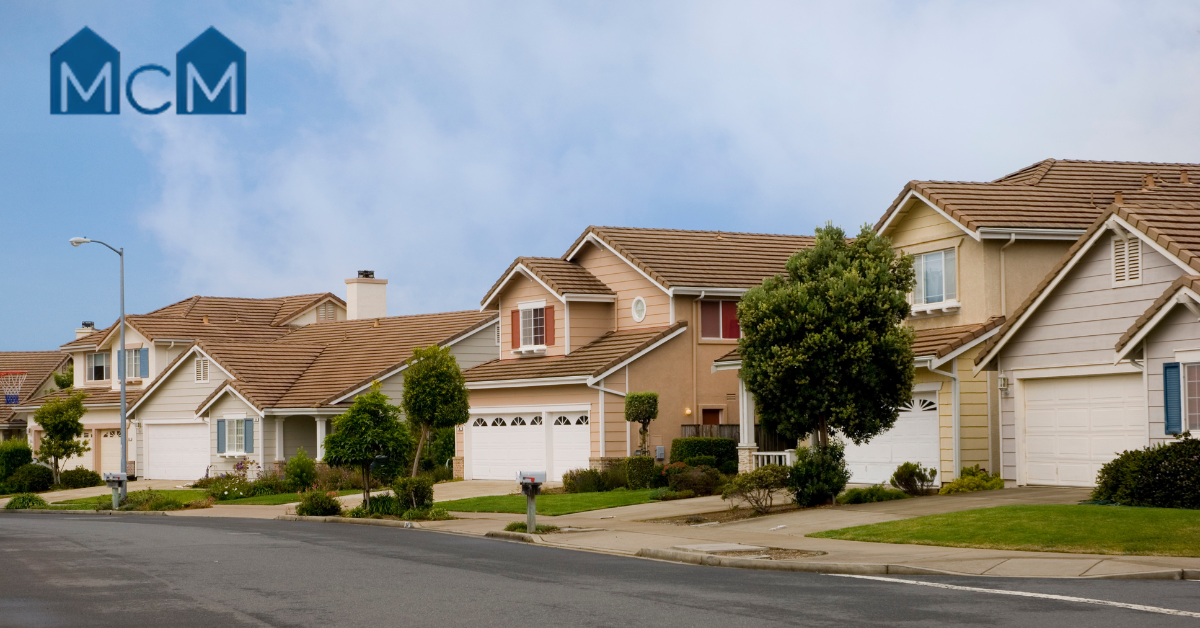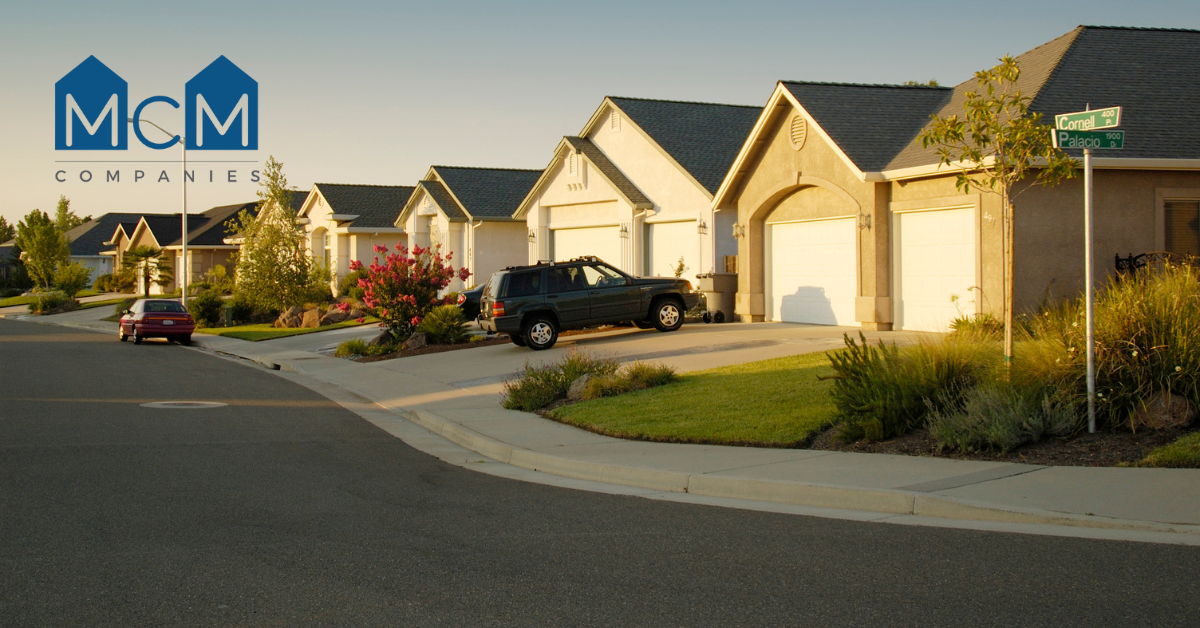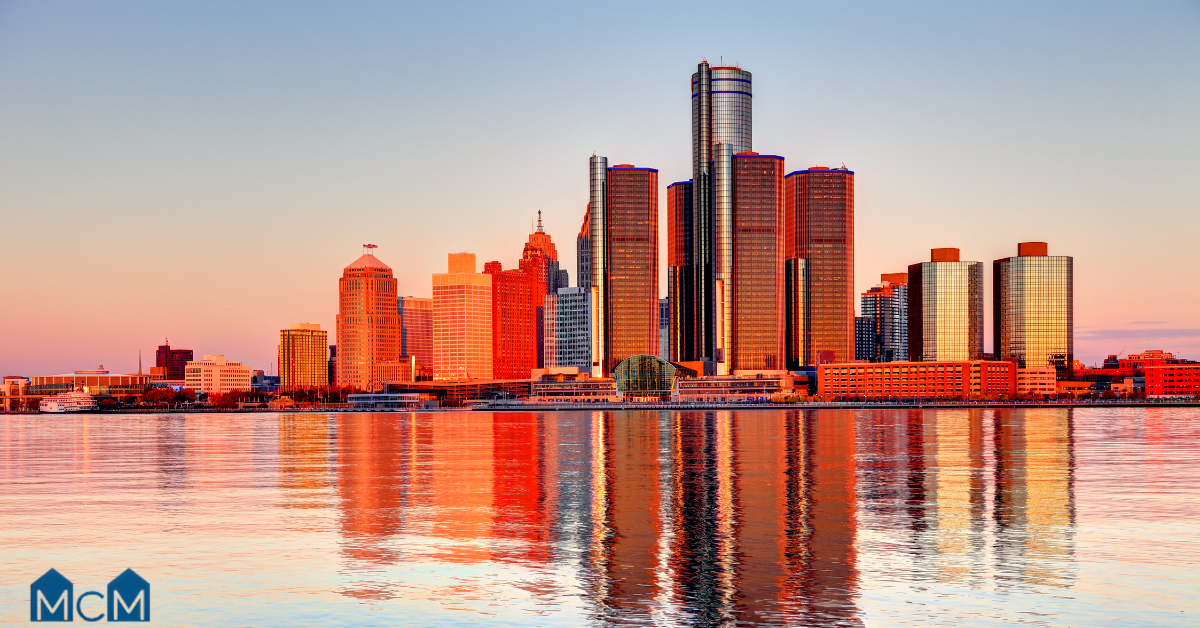Securing a Construction Loan for a Modular Home: What You Need to Know


The world of modular homes is rapidly expanding, merging practicality with a flair for customization. In this dynamic housing landscape, understanding construction loans becomes pivotal for those eyeing a modular home. Don’t know where to start? Let’s explore the essentials of securing a construction loan for a modular home, a key step in bringing your dream dwelling to life.
Understanding Construction Loans for Modular Homes
Construction loans are specialized financial tools, distinctly different from traditional mortgages. They're particularly relevant in the modular home sector due to the unique nature of these homes' construction and assembly.
The Basics of Construction Loans
Construction loans are short-term financial solutions, typically lasting for the duration of the building process. Their structure is designed to reduce the initial financial burden on the borrower, often requiring only interest payments during the construction phase. This setup is particularly beneficial for modular home construction, where the timeline from start to finish can be shorter than in traditional building projects.
Loan Disbursement Process
The disbursement of funds from a construction loan is closely tied to the progress of the building project. Payments are made in stages as specific milestones are reached, ensuring that the construction process moves forward without financial hindrance. Regular inspections by the lender or an appointed inspector are part of this process, verifying that each phase of the construction meets the required standards and is on schedule before releasing the next disbursement of funds.
Preparing for a Construction Loan Application
Securing a construction loan involves diligent preparation and understanding of what lenders seek in a potential borrower. It's a process that demands attention to detail and a clear comprehension of the financial implications.
Assessing Your Financial Health
A strong financial foundation is key to securing a construction loan. Lenders will scrutinize your credit score and debt-to-income ratio to gauge your ability to repay the loan. A higher credit score and a manageable debt-to-income ratio can significantly improve your chances of loan approval.
Necessary Documentation and Pre-Approval
Gathering essential documents is a critical step in the loan application process. These include recent pay stubs, tax returns, bank statements, and a comprehensive plan for the modular home itself.
These documents provide lenders with a clear picture of your financial health and the specifics of your construction project. Obtaining pre-approval for your loan can expedite the process, giving you a clearer understanding of your budget and borrowing limits, which is particularly beneficial when planning a modular home construction project.
Choosing the Right Lender for Your Modular Home
When choosing a lender, it's important to compare their various financing options. Look beyond just interest rates; consider each lender's customer service reputation and the flexibility of their loan terms. Comparing different lenders gives you a better chance of finding a loan that suits your specific needs and circumstances.
Selecting a lender experienced in handling construction loans for modular homes can also be a helpful step in your home-building journey. It's essential to work with a financial institution that understands the unique aspects of modular construction, including its timeline, payment schedule, and specific requirements.
Bear in mind that each lender will have their own set of requirements for a construction loan. These often include a minimum credit score, specific down payment percentages, and possibly collateral. Understanding these requirements upfront can help you prepare better and increase your chances of loan approval. Familiarize yourself with these requirements as they can vary significantly from those of a traditional mortgage.
The Role of Appraisals and Inspections
Appraisals and inspections play a pivotal role in securing and maintaining a construction loan for a modular home. They ensure that the project is progressing as planned and that the end product will meet the lender's standards.
The appraisal process for a modular home assesses the potential value of the project and ensures that it meets industry standards. The appraisal takes into account the plans for the home, the quality of materials used, and the expected value of the completed home. This valuation will help the lender determine the amount of your loan.
Regular inspections are also conducted throughout the construction process. These inspections verify that the project is on track and adheres to the agreed-upon standards and timelines, which is essential to secure ongoing support and funding from your lender.
Navigating the Transition from Construction Loan to Mortgage
Transitioning from a construction loan to a traditional mortgage marks a significant milestone in the modular home-buying journey. This phase requires careful attention to detail and understanding the nuances of loan conversion to ensure a smooth transition.
Understanding Loan Conversion
Construction-to-permanent loans are designed to convert seamlessly into a standard mortgage once the construction phase is completed. This type of loan alleviates the need for two separate loans — one for construction and one for the mortgage — by combining them into a single, convenient package. As the construction wraps up, the loan transitions into a typical mortgage structure, usually with fixed terms and interest rates. Understanding how this conversion works, including any changes in payment amounts or terms, is essential for financial planning.
Final Steps and Mortgage Closure
As you near the end of the construction process, several critical steps must be completed before transitioning to a standard mortgage. These include comprehensive inspections by both the lender and local authorities to ensure that the modular home meets all building codes and lender requirements. Obtaining a certificate of occupancy is a pivotal step, as it officially indicates that the home is safe and ready for habitation.
These final stages are not just procedural formalities; they are essential checks to safeguard your investment and ensure the long-term viability of your home. Once these steps are satisfactorily completed, the construction loan can be converted into a mortgage, marking the beginning of your journey as a homeowner. This transition is also an opportune time to revisit and possibly renegotiate your mortgage terms, ensuring they align with your current financial situation and future goals.
Find Your Perfect Home with MCM Communities
Securing a construction loan for a modular home demands careful planning and an understanding of the nuances involved. By preparing thoroughly and choosing the right financial partners, you can make this critical step toward your dream home a reality.
If you think a construction loan for modular homes might be right for you, MCM Communities is here to help at every step along the way. We can help you understand the modular and manufactured home options available and help you find your next home.
For those considering building a modular home, we encourage you to reach out to financial experts for personalized advice. Consider exploring the modular and manufactured home options within the MCM Communities network, where we blend community living with the financial and ecological benefits of modern construction methods.
Ready to turn your modular home dreams into reality? Speak to one of our team members today!
.svg)





